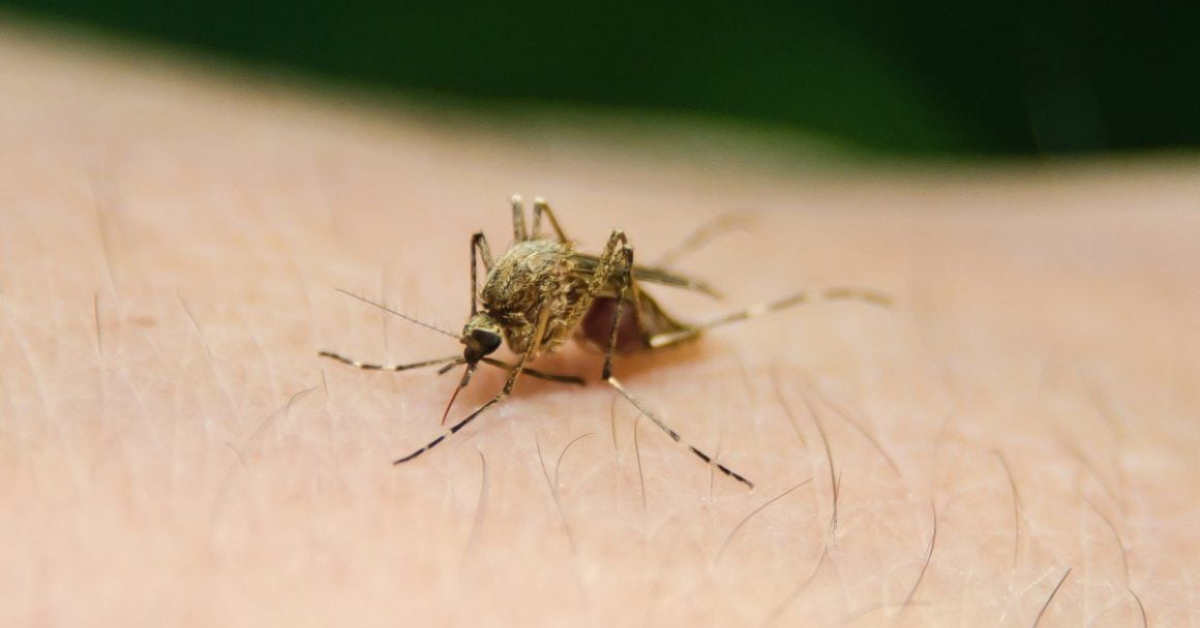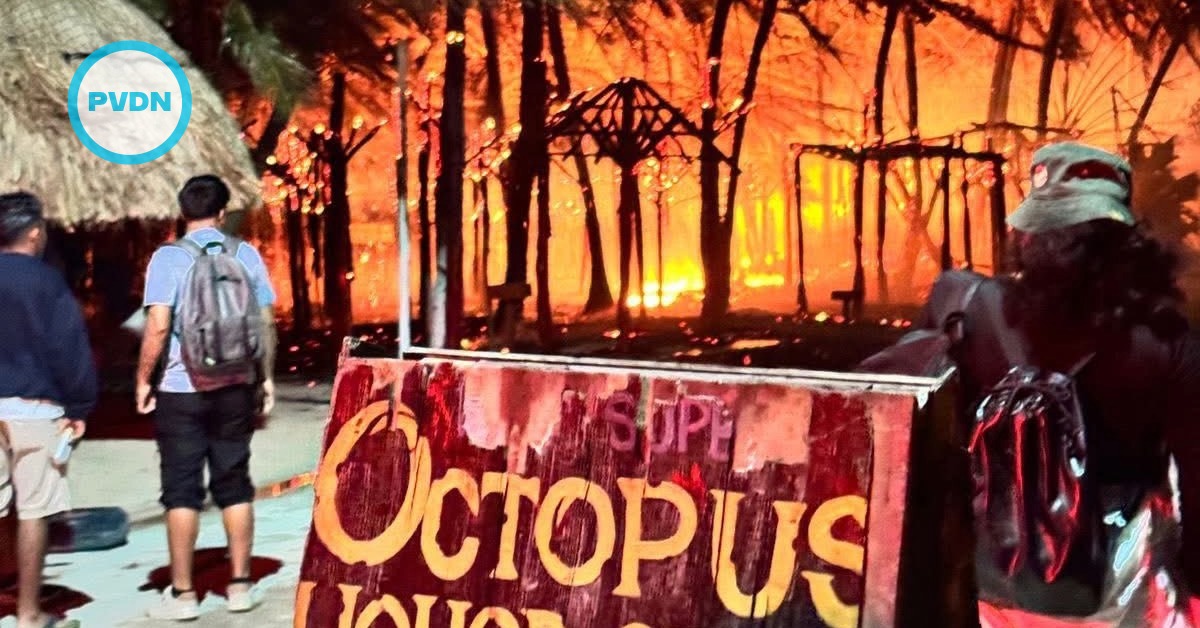Puerto Vallarta, Mexico - The Jalisco State Health Department (SSJ) has confirmed an alarming rise in dengue cases in the region, now reaching 11,238 confirmed cases, with four fatalities as of the latest epidemiological report. The disease, spread by the Aedes aegypti mosquito, has triggered a public health alert in the state, as it continues its upward trend.






